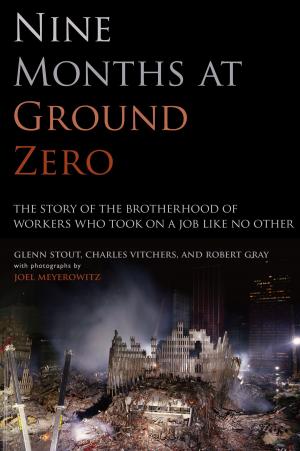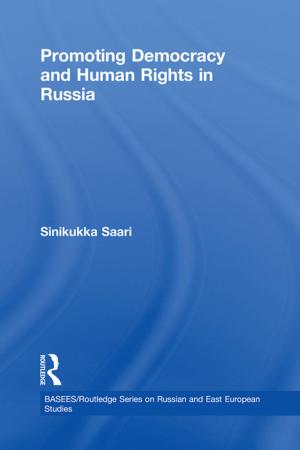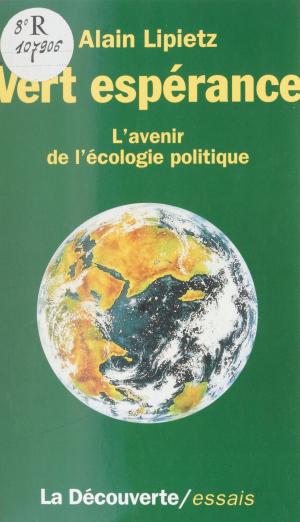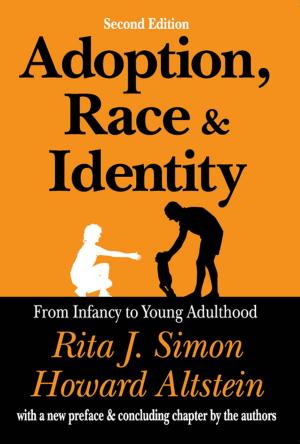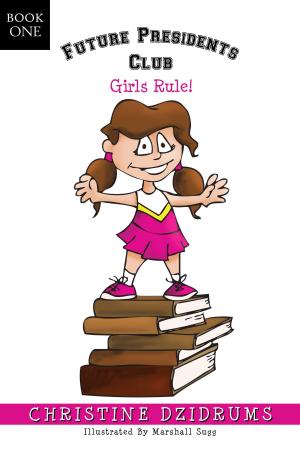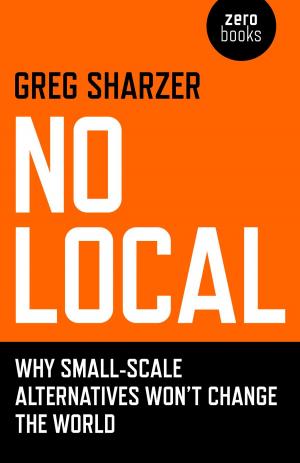War: A Crime Against Humanity
Nonfiction, History, Military, Other, Social & Cultural Studies, Political Science| Author: | Roberto Vivo | ISBN: | 9781311048462 |
| Publisher: | Roberto Vivo | Publication: | April 25, 2015 |
| Imprint: | Smashwords Edition | Language: | English |
| Author: | Roberto Vivo |
| ISBN: | 9781311048462 |
| Publisher: | Roberto Vivo |
| Publication: | April 25, 2015 |
| Imprint: | Smashwords Edition |
| Language: | English |
Roberto Vivo’s War: A Crime Against Humanity is a condensation of the history of war and the evolution of humanity in its search for enduring and active world peace. Vivo makes the morally unquestionable and politically inconvenient point that in a world where between five and nine out of ten victims of war are civilians, every war is a crime against humanity.
Making use of his talent for summary, Vivo takes the reader on a whirlwind tour of the history of war and peace from the earliest cultures to the major conflicts and peace efforts of today. He compares advances made in de-legitimizing and outlawing once accepted practices like torture, slavery and racism to the need to end war by criminalizing its use and by rendering even top world leaders accountable before the International Criminal Court for initiating aggressive conflicts against other nations.
The author’s visits to the past—the ancient Greeks and Romans, the Mongol invasions, the Crusades and the worst wars and slaughters of contemporary history from the Jewish Holocaust to Vietnam, Cambodia and Ruanda—are juxtaposed to a parade of experiments in peace that have met with full or at least some degree of success throughout history. His analysis of the present is insightful and outspokenly critical of the politics and industry of war that have for so long ruled the world and rendered all First World-led “peace efforts” ostensibly futile and hypocritically proposed. His view of the future is conditional on peace, positing that unless humanity eschews war and engages in universal peace and cooperation, it will soon be too late to save humankind from self-extinction.
This book is divided into four exceedingly well-researched and documented chapters, covering the following topics:
Chapter 1, Violence and Man, begins with an anthropological analysis of a basic question that must be asked before any logical discussion of war and peace can be initiated: Is Man naturally prone toward organized mass violence, or is violence merely the consequence of certain forms of social organization? It discusses the devastating effects of wars over the course of human history and includes a summary of some of the most significant conflicts the world has known. It also explains the age-old “just war theory” and why it has lost all validity.
Chapter 2, The History of Peace, comes in sharp contrast to the preceding chapter, by providing examples of peaceful and prosperous coexistence dating back at least 4,000 years to the times of the Minoan culture in Crete. Since that time, a variety of examples from parts of the world far distant from one another have demonstrated time and again how communities have been able to live in a climate of dialogue, understanding and general concord. This chapter also demonstrates how, over the course of the past century, organizations such as the League of Nations and the United Nations, even despite certain major defects in their implementation, have served in the materialization of broad-ranging peace initiatives.
Chapter 3, Open Society and Closed Society, describes the contrasts between liberals and conservatives and between moderates and radicals, tending to illustrate the internal tension that this has fostered in societies, practically since politics first began. It further looks at how religious fundamentalism has reemerged over the course of the past decade, and concludes with reflections regarding secularism, proposing it as an opportunity to rethink the social implications of religious beliefs within the context of lasting peace.
Chapter 4 is the title chapter of this book, War: A Crime against Humanity. It makes a sound case for the “de-legitimization” and criminalization of war, and concludes with a study of international organizations such as the United Nations, the International Criminal Court and NATO, among others, and their importance in the establishment of a genuine and enduring spirit of “giving peace a chance.”
Roberto Vivo’s War: A Crime Against Humanity is a condensation of the history of war and the evolution of humanity in its search for enduring and active world peace. Vivo makes the morally unquestionable and politically inconvenient point that in a world where between five and nine out of ten victims of war are civilians, every war is a crime against humanity.
Making use of his talent for summary, Vivo takes the reader on a whirlwind tour of the history of war and peace from the earliest cultures to the major conflicts and peace efforts of today. He compares advances made in de-legitimizing and outlawing once accepted practices like torture, slavery and racism to the need to end war by criminalizing its use and by rendering even top world leaders accountable before the International Criminal Court for initiating aggressive conflicts against other nations.
The author’s visits to the past—the ancient Greeks and Romans, the Mongol invasions, the Crusades and the worst wars and slaughters of contemporary history from the Jewish Holocaust to Vietnam, Cambodia and Ruanda—are juxtaposed to a parade of experiments in peace that have met with full or at least some degree of success throughout history. His analysis of the present is insightful and outspokenly critical of the politics and industry of war that have for so long ruled the world and rendered all First World-led “peace efforts” ostensibly futile and hypocritically proposed. His view of the future is conditional on peace, positing that unless humanity eschews war and engages in universal peace and cooperation, it will soon be too late to save humankind from self-extinction.
This book is divided into four exceedingly well-researched and documented chapters, covering the following topics:
Chapter 1, Violence and Man, begins with an anthropological analysis of a basic question that must be asked before any logical discussion of war and peace can be initiated: Is Man naturally prone toward organized mass violence, or is violence merely the consequence of certain forms of social organization? It discusses the devastating effects of wars over the course of human history and includes a summary of some of the most significant conflicts the world has known. It also explains the age-old “just war theory” and why it has lost all validity.
Chapter 2, The History of Peace, comes in sharp contrast to the preceding chapter, by providing examples of peaceful and prosperous coexistence dating back at least 4,000 years to the times of the Minoan culture in Crete. Since that time, a variety of examples from parts of the world far distant from one another have demonstrated time and again how communities have been able to live in a climate of dialogue, understanding and general concord. This chapter also demonstrates how, over the course of the past century, organizations such as the League of Nations and the United Nations, even despite certain major defects in their implementation, have served in the materialization of broad-ranging peace initiatives.
Chapter 3, Open Society and Closed Society, describes the contrasts between liberals and conservatives and between moderates and radicals, tending to illustrate the internal tension that this has fostered in societies, practically since politics first began. It further looks at how religious fundamentalism has reemerged over the course of the past decade, and concludes with reflections regarding secularism, proposing it as an opportunity to rethink the social implications of religious beliefs within the context of lasting peace.
Chapter 4 is the title chapter of this book, War: A Crime against Humanity. It makes a sound case for the “de-legitimization” and criminalization of war, and concludes with a study of international organizations such as the United Nations, the International Criminal Court and NATO, among others, and their importance in the establishment of a genuine and enduring spirit of “giving peace a chance.”


